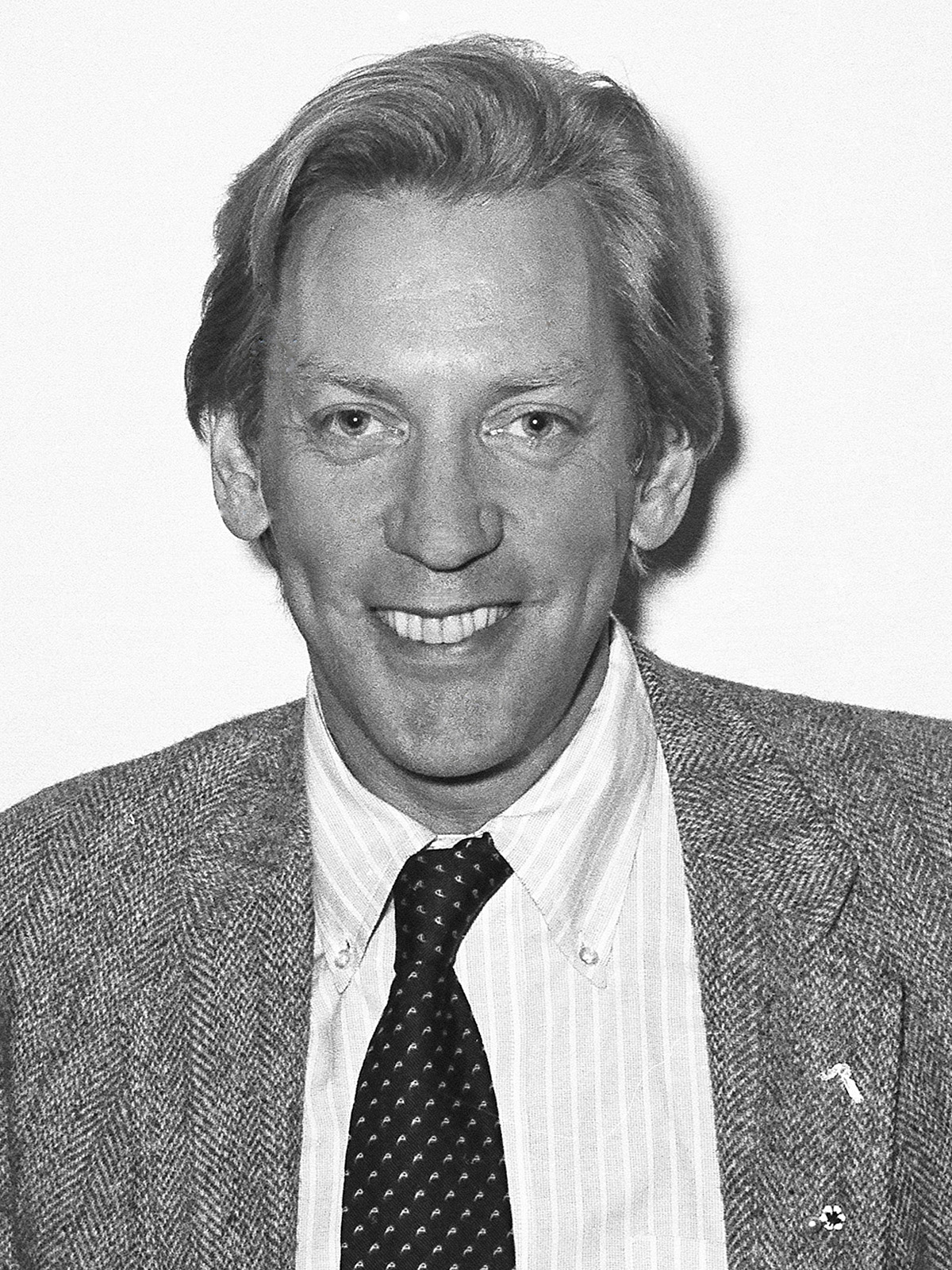
- Golden Globe Awards
Oral History: Donald Sutherland on Directors
Donald Sutherland played Tim Hutton’s father in Ordinary People directed by Robert Redford. It was from a script by Alvin Sargent based on the 1976 novel by Judith Guest. He talked to HFPA journalists in 1980 about Redford and other directors he had worked with.
“When Bob asked me to come and see him, I read the book and the script, and I had a natural affinity for this character. I had felt myself in my own life that particular kind of pain of estrangement, when you think you know something, you’ve gone along a long way and suddenly realize that you don’t know anything at all. And my way of dealing with situations has often been to take a soft route, to not really deal with the truth but to avoid it a little, to try and make everyone else happy. So, I was familiar with that kind of behavior”.
“Bob Redford was as intelligent and observant a director as I’d ever worked with. He trained as a painter and he had a very specific picture in his head of what he wanted; he was also able to understand whatever difficulties I would have as an actor. But his true joy came from photographing people sitting in the park, the trees, the changes, and knowing in his mind how all of those shots would cut together, the balance and the music of his pictorial images. He had a wonderful sense of image and of stillness, which comes from his background as a painter. So, he was terrific.”
“I have a huge affection for Calvin Jarrett in Ordinary People, also for Homer Simpson in The Day of the Locust and for John Klute, but I liked Casanova best. I loved the sadness of him always having to repeat himself because he never learned from his own past, which is a terrible problem in our world and in our life. Working with Fellini was maybe the greatest joy in my life. It was therapeutic, like being a child, and the day it ended it was like someone taking my childhood away from me. You lose your anxiety because he kicks it out of you, so it was really wonderful to work with him.”
“With Bertolucci, I was a bit disappointed about playing Attila in 1900 because I had gone there full of hope of creating the image of a bureaucrat where everyone could recognize themselves in it, but, in fact, it ended up being a horrible man who was truly brutal and represented a very two-dimensional idea of fascism. But it certainly did not hurt my career, to have had the honor to work with Bernardo Bertolucci, Federico Fellini, Claude Chabrol, John Schlesinger, Alan Pakula and Nicholas Roeg.”
“Making Don’t Look Now with Nicolas Roeg, a brilliant director and an extraordinary artist, was a very pure and wonderful sensation, which changed my life. The experience was such that I realized that directors were the driving force behind films, it wasn’t like being on the stage, you were working for that director and you were in concert with him. Nic was wonderful to work with and taught me a lot of things.”

